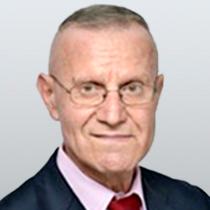Commentary
Assumptions that some economists are employing in their theories appear to be detached from the real world. For example, in order to explain the economic crisis in Japan, Paul Krugman employed a theory based on the assumptions that people are identical and live forever. Whilst admitting that these assumptions are not realistic, Krugman nonetheless is of the view that somehow his theory could be useful in offering solutions to the economic crisis in Japan. Thus, Krugman wrote:





